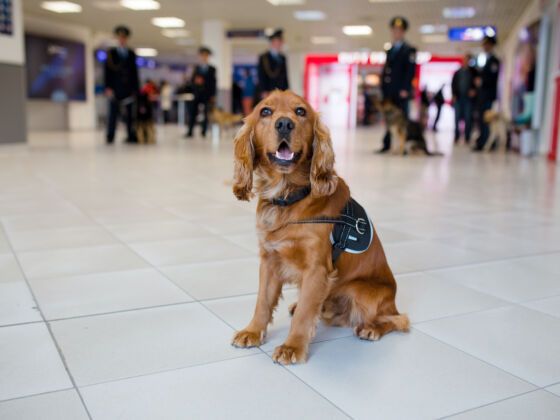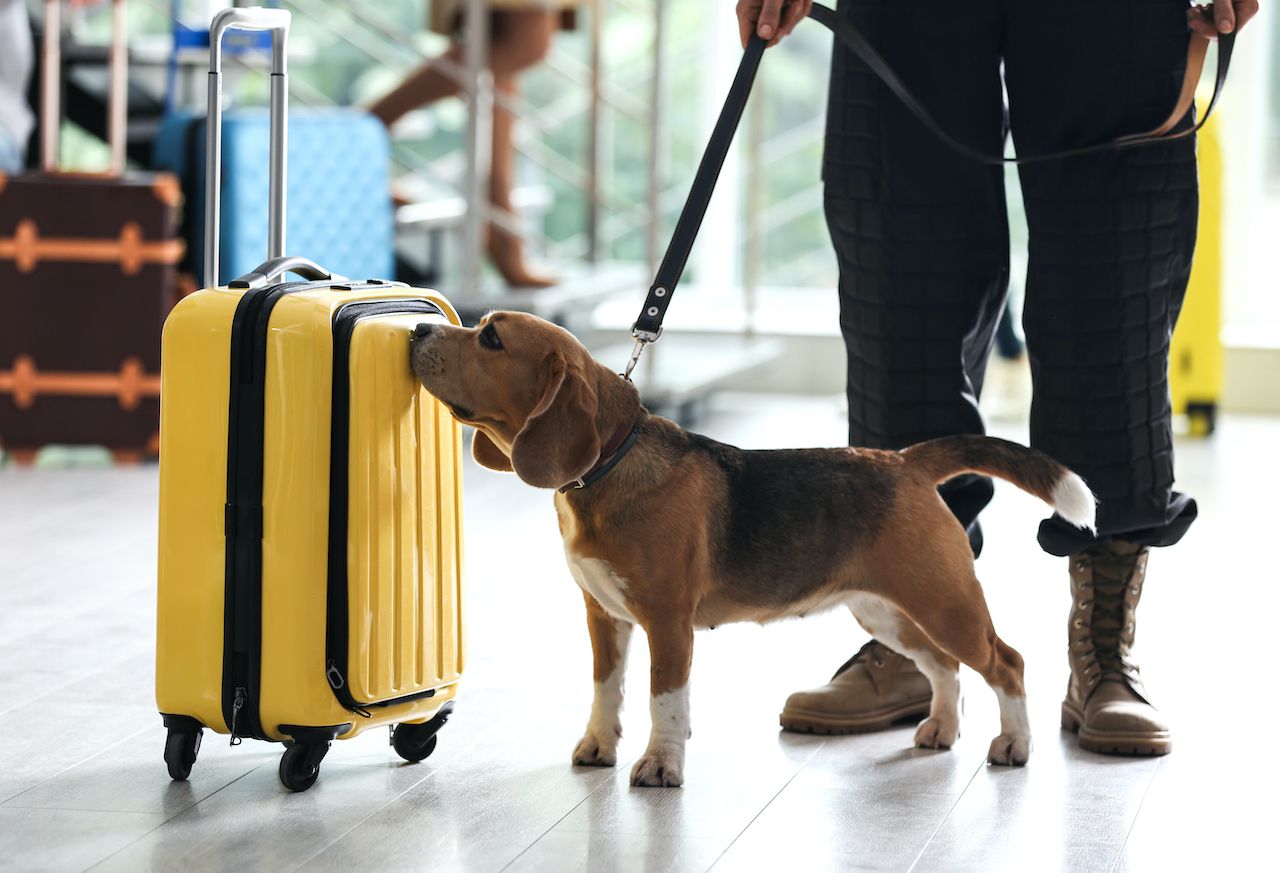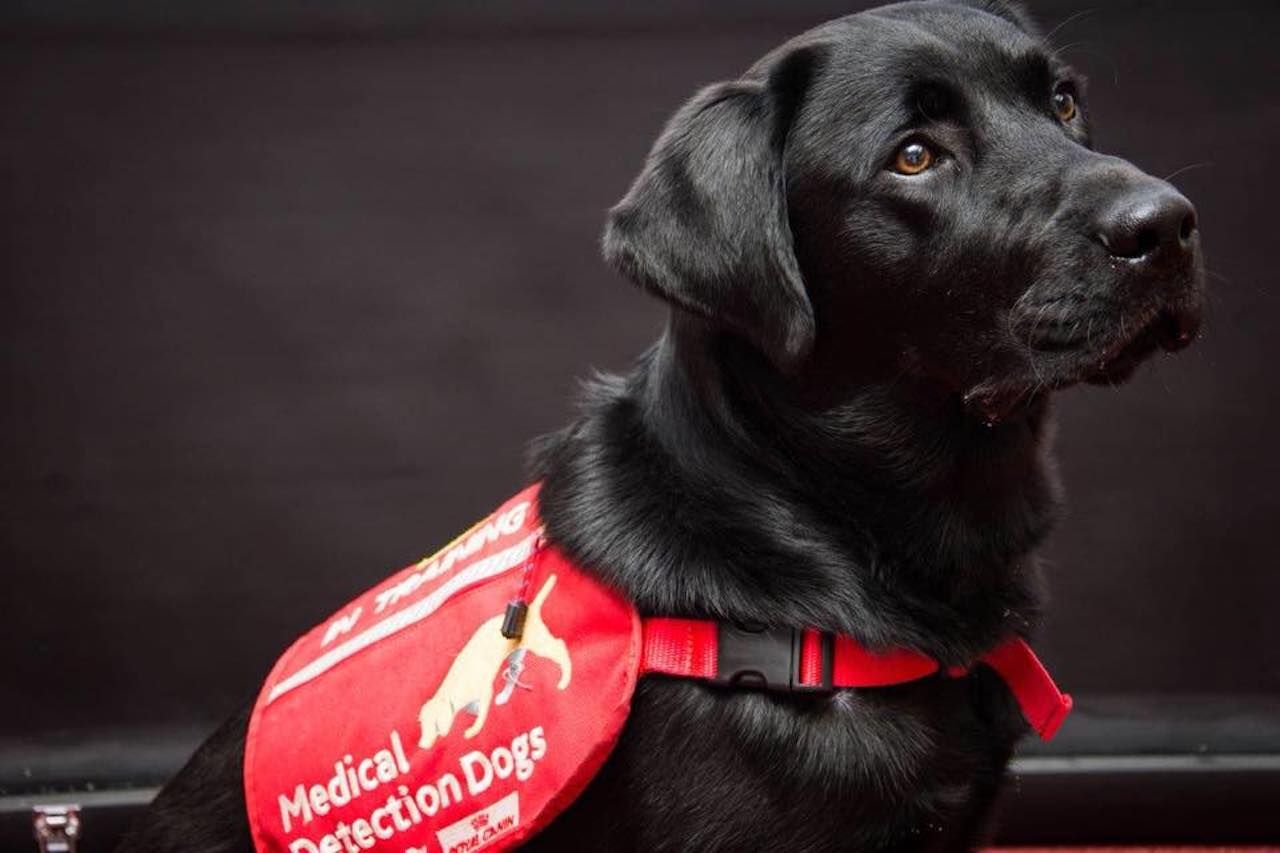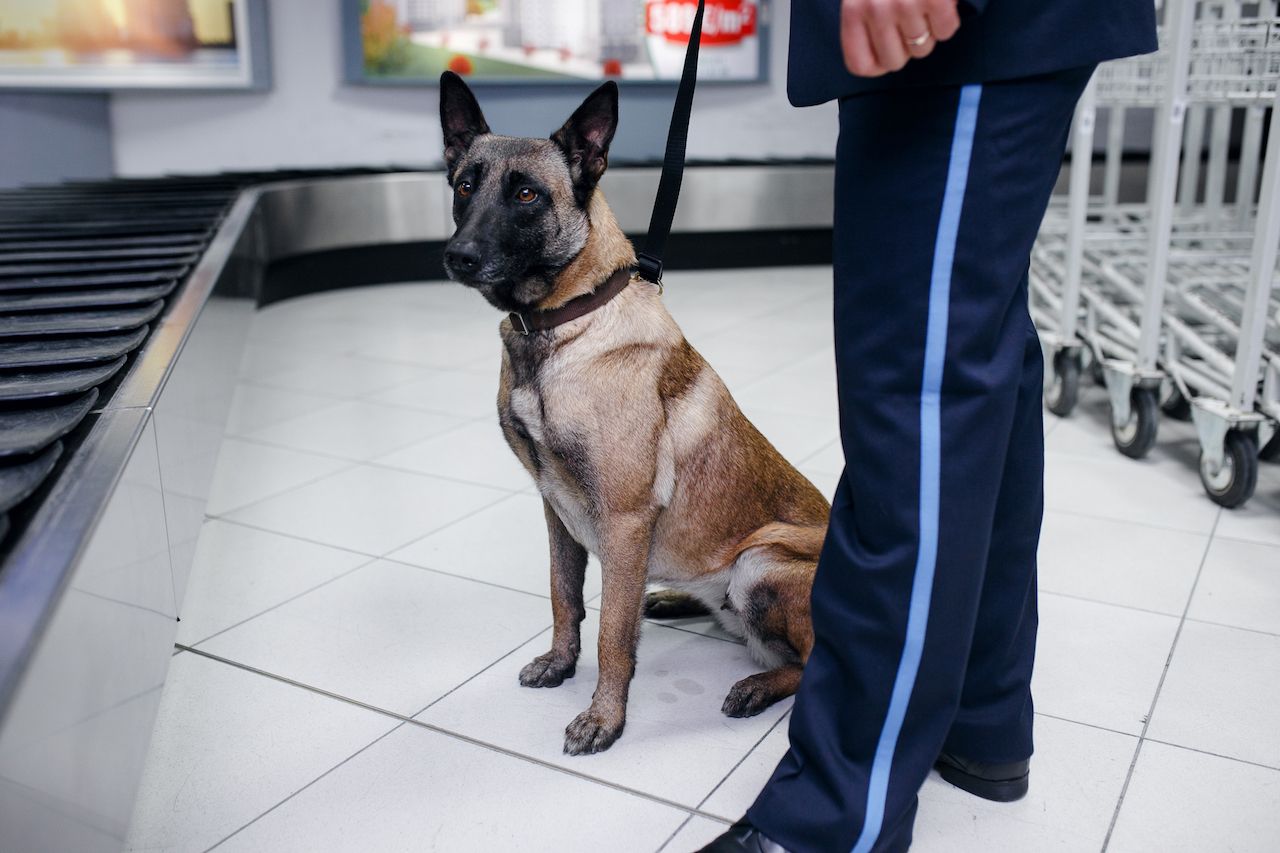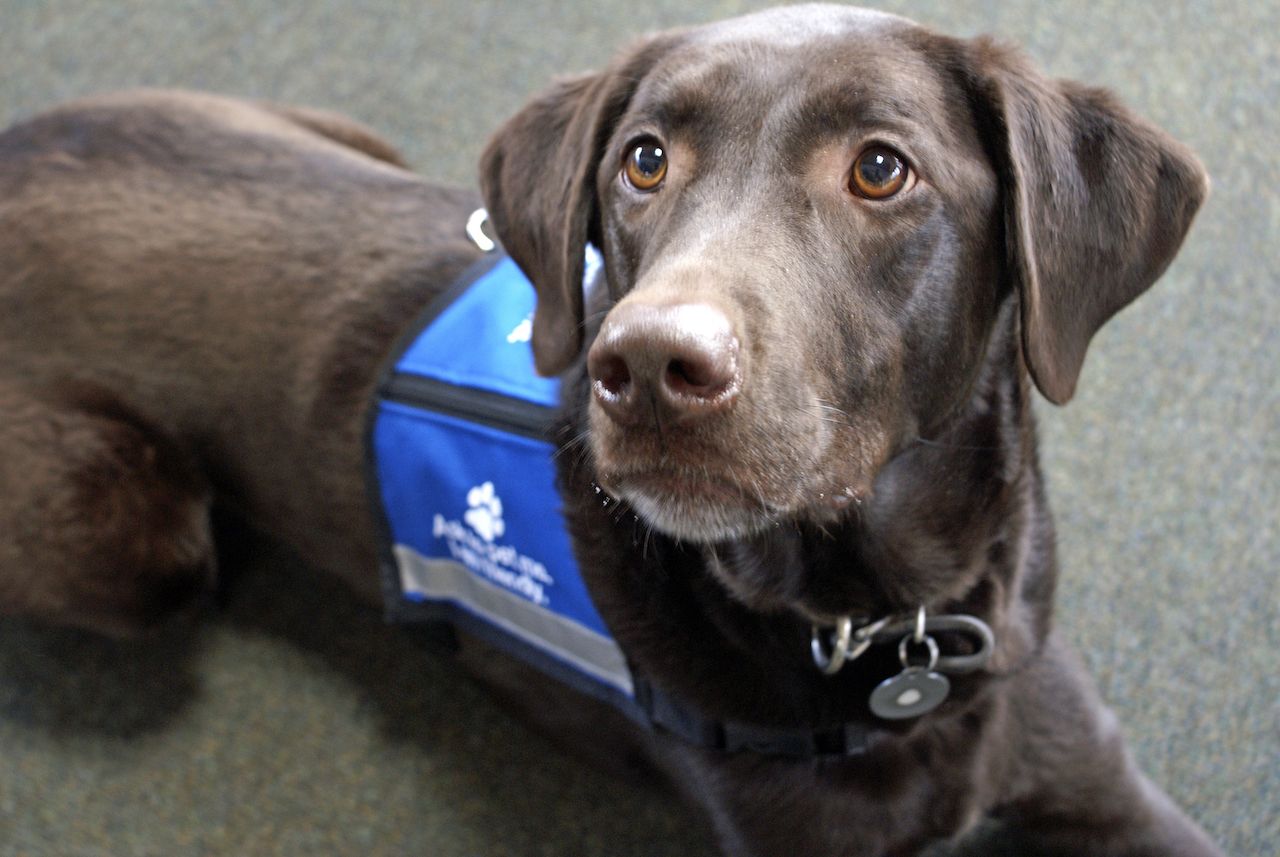In 1972, an NYPD German Shepherd named Brandy saved the day when she sniffed out a bomb that had been stashed on a plane, averting a massive aviation crisis and cementing the essential role dogs play in maintaining travel security.
Today, dogs continue to serve vital roles in maintaining airport security from that first screening before boarding to that final check while crossing through customs and border patrol. It is thanks to months of training, during which the dogs’ natural desire to hunt and their incredible olfactory sense are honed, that the pups learn to search for illegal and dangerous items as they search for their favorite toys.
